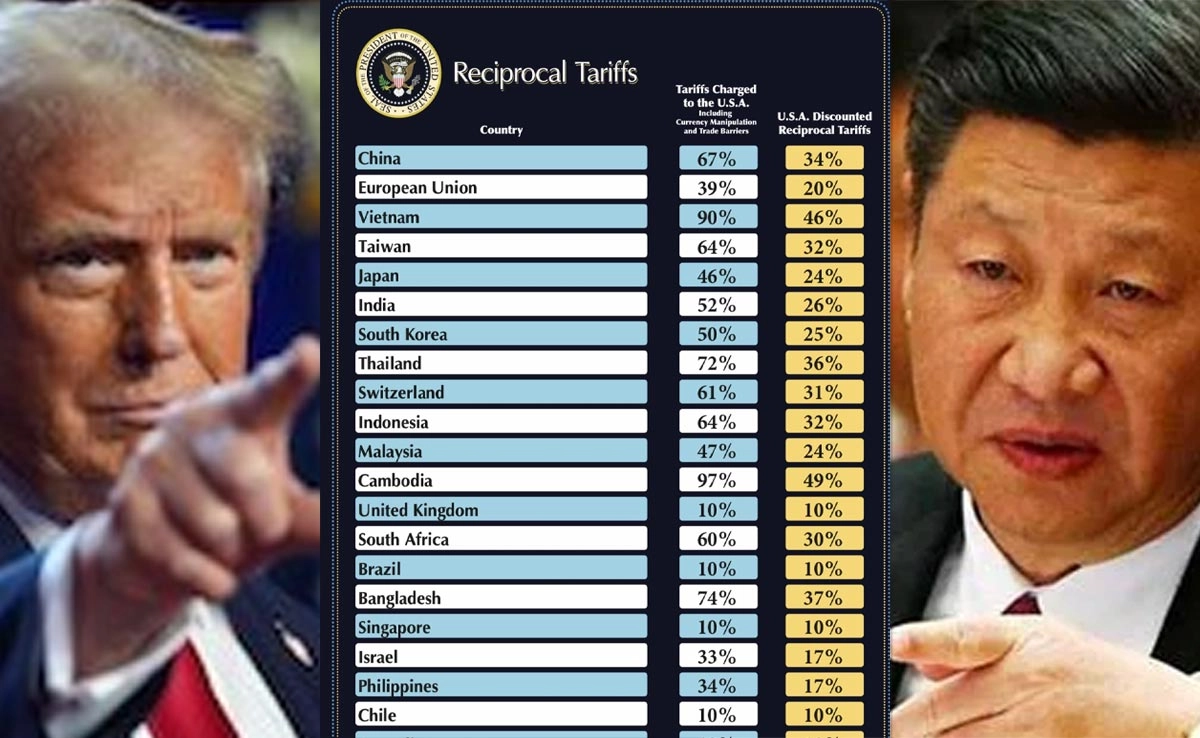The ongoing tariff war between the United States and China has escalated into a complex economic battle, characterized by significant policy decisions and strategic maneuvers by both nations. As President Donald Trump and President Xi Jinping adopt an “all-in” approach, the consequences of their trade policies have far-reaching implications for global commerce. The tariffs imposed by both countries are not merely numbers on a balance sheet; they represent a fundamental shift in the economic relationship between the world’s two largest economies. With each nation levying billions of dollars in tariffs on various goods, a ripple effect is created that impacts industries, consumers, and global supply chains.
The math behind this tariff war reveals the intricacies of international trade. The United States has targeted Chinese products with hefty tariffs, while China has retaliated with its own set of tariffs on American goods. This tit-for-tat strategy leads to rising costs for consumers in both countries, as businesses are forced to adjust their pricing structures to accommodate the increased costs of imported goods. As a result, industries reliant on global supply chains face disruptions, raising concerns about inflation and economic growth. The uncertainty surrounding these tariffs has also led businesses to reconsider their investment strategies, often opting to relocate production facilities or diversify supply sources to mitigate risks.
Moreover, the tariff war is not just an economic issue; it is deeply intertwined with geopolitical considerations. Both Trump and Xi are under pressure to demonstrate strength to their respective constituencies. For Trump, the tariffs are a means of fulfilling his campaign promise to protect American jobs and industries. For Xi, demonstrating resilience against foreign pressure is crucial for maintaining domestic support. This dynamic complicates negotiations, as both leaders may be reluctant to back down, fearing political repercussions at home. The stakes are high, and the potential for a prolonged standoff may lead to a decoupled economic relationship that could redefine global trade patterns for years to come.
In summary, the US-China tariff war exemplifies the intersection of economic strategy and political necessity. As both nations dig in their heels, the implications extend beyond immediate economic impacts, affecting global supply chains, consumer prices, and international relations. The intricate math of tariffs underscores the complexity of the situation, where decisions made in Washington and Beijing resonate throughout the global economy. As the world watches this unfolding economic drama, the outcomes will likely shape the future of international trade and the dynamics of power between these two superpowers.




